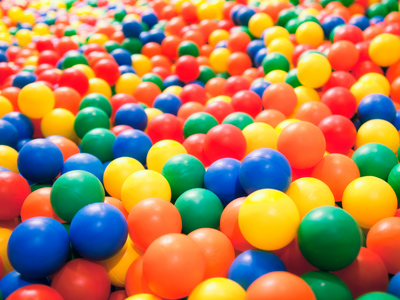The topic of plastics covers several key areas of study based on urbanization, sustainability and waste management. You are expected to know that solid wastes, including plastics, end up being recycled/reused, as litter, in landfills or being incinerated to produce energy. Incineration can only be done in certain places (such as the Nottingham district heating network) where the conditions are carefully controlled to avoid toxic materials like dioxins and furans being emitted into the atmosphere.
Using plastics is an unsustainable use of the Earth's resources. The majority of plastics are made using chemicals that have been extracted or made from crude oil. Crude oil is a non-renewable resource therefore, at some point in the future, science and technology will need to find alternative ways of making plastics, or the human race will need to do without them.
Since the end of the 20th century, more and more plastics are being recycled and a small proportion are being reused. There are some plastics that you can't recycle and they are also difficult to reuse, these are the ones that end up in landfill, along with items like plastic carrier bags, and bin bags, which are designed to be thrown away.
Rapid urbanization, particularly in LEDCs, has lead to the development of squatter settlements. These are also referred to as slums, shanty towns and townships and each country has its own name for them e.g. bustees in India. They are illegal and usually spring up on wasteland in a city or at the edges of cities. They generate large amounts of waste which can easily find its way into the environment. Plastics are a particular problem as they are light and are easily blown around by the wind. Some of the more forward-thinking local authorities seek to make the lives of people in squatter settlements and the surrounding environment better by implementing waste management schemes for these areas. The plastics can then be processed appropriately.
When plastics get into the environment, they pose a hazard to wildlife and potentially to human health too. Animals can become entrapped in bottles and other plastic waste and die a slow and unpleasant death. An example of this is nylon fishing line that is discarded by anglers - land birds and water birds can become entangled and are slowly strangled to death. Larger plastic containers can hold water and act as breeding grounds for insects like mosquitoes, which transmit various diseases to humans - zika, dengue fever and malaria are just three of them.
In MEDCs, local authorities manage waste disposal by providing several different types of bin for waste and recycling different materials. Some communities also provide recycling centers where local residents can take their waste plastic, glass and other materials to be recycled. It is also possible for residents to take a mixture of household waste by car to a collection point where it is sorted to allow recycling.








